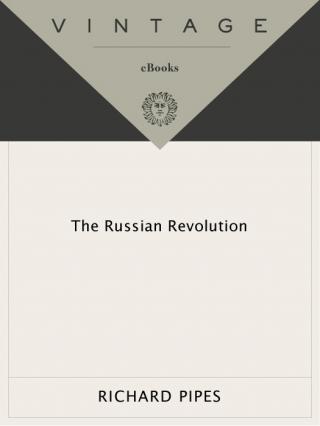
Аннотация
Richard Pipes’s
THE RUSSIAN REVOLUTION
“Masterful and timely … [Pipes’s] history blends uncannily with today’s … headlines.… A brilliantly focused portrait.”
—Newsweek
“Pipes’s compellingly written account … is … a masterful culmination of his lifelong investigations of the revolutionary period.”
—Newsday
“A truly impressive piece of scholarship … A fascinating treatise, certain to become the basic research text on the subject.”
—Philadelphia Inquirer
“Panoramic … The first attempt in any language to offer a comprehensive study of the Russian Revolution … Pipes is not a mere communicator of facts but a philosopher examining the deeper, broader trends beneath the surface of history.”
—San Francisco Chronicle
“Like his illustrious predecessor among students of revolutions, Alexis de Tocqueville, Pipes has a broad, sweeping view.… An imposing achievement … His craftsmanship as a writer … serves him well.”
—
Boston Globe
“Pipes is an extremely knowledgeable and careful historian.… This is probably the best overall study of those momentous events … a good, important book.”
—
Cleveland Plain Dealer
PART ONE The Agony of the Old Regime
1 1905: The Foreshock
University disturbances of 1899 as beginning of revolution
Plehve and Zubatov
outbreak of Russo-Japanese War, Plehve assassinated and replaced by Mirskii: the great Zemstvo Congress (November 1904
)
“Bloody Sunday
”
tsarism tries moderate reforms
the debacle of Tsushima and talk of a representative body
university turmoil resumes and leads to general strike
Witte advises concessions
emergence of St. Petersburg Soviet
the October Manifesto
Witte forms cabinet and represses radicals; nationwide pogroms
1905 as apogee of Russian liberalism
2 Official Russia
Patrimonialism
Nicholas and Alexandra
the bureaucracy
ministries
conservative and liberal officialdom
economic development undermines autocracy
the army
the gentry
the Orthodox church
3 Rural Russia
Household, village, and commune
land shortage
industrial workers
peasant mentality
peasant attitudes to law and property
changes in peasant mood after 1900
4 The Intelligentsia
Its European origins
sociétés de pensée
socialism as ideology of the intelligentsia
the ideal of a “new man
”
emergence of Russian intelligentsia
revolutionary movement in nineteenth century Russia
the Socialists-Revolutionaries
Russian liberals
5 The Constitutional Experiment
Monarchy and constitutionalism
the Fundamental Laws of 1906
elections to the Duma
the First Duma
Stolypin
Stolypin represses terror
his agrarian reforms
the Second Duma and the electoral law of June 3, 1907
Stolypin’s political difficulties begin
the Western zemstvo crisis
Stolypins murder
assessment of Stolypin
Russia on the eve of World War I
6 Russia at War
Strategic preparations and Russia’s readiness for war
early campaigns: East Prussia and Galicia
Russian debacle in Poland, 1915
changes in government
emergence of the Progressive Bloc and Nicholas’s assumption of high command
bringing society into limited partnership in the war effort
7 Toward the Catastrophe
Inflation
the Brusilov offensive
rise of tension in the country
food crisis
Protopopov
the liberals decide to attack
Duma sessions of November 1916
assassination of Rasputin
last days at Tsarskoe Selo
plots against the Imperial family
8 The February Revolution
Mutiny of Petrograd garrison
the Duma hesitates to claim power
emergence of Petrograd Soviet and of its Executive Committee
Duma and Soviet agree on formation of Provisional Government
Order No. 1
abdication of Nicholas II
Michael refuses the crown
early actions of Provisional Government
Soviet undermines the government
land, Constituent Assembly, and war aims
revolution spreads nationwide
ex-tsar returns to Tsarskoe Selo
extraordinary rapidity of Russia’s breakdown
PART TWO The Bolsheviks Conquer Russia
9 Lenin and the Origins of Bolshevism
Lenin’s early years
Lenin and Social Democracy
his personality
his disenchantment with Social Democracy
emergence of Bolshevism
final split with the Mensheviks
Lenin’s agrarian and nationality programs
financial affairs of the Bolshevik party
the Malinovskii episode
Zimmerwald, Kiental, and connections with enemy agents
10 The Bolshevik Bid for Power
The Bolshevik Party in early 1917
Lenin returns to Russia with German help
Lenin’s revolutionary tactics
the April 1917 Bolshevik demonstration
socialists enter Provisional Government
Bolshevik assets in the struggle for power and German subsidies
the aborted Bolshevik street action in June
Kerensky’s summer offensive
the Bolsheviks ready another assault
preparation for putsch
the events of July 3–5
the putsch suppressed: Lenin flees, Kerensky dictator
11 The October Coup
Kornilov appointed Commander in Chief
Kerensky asks Kornilov’s help in suppressing anticipated Bolshevik coup
the break between Kerensky and Kornilov
rise in Bolshevik fortunes
Lenin in hiding
Bolsheviks plan their own Congress of Soviets
Bolsheviks take over Soviet’s Military-Revolutionary Committee
the critical decision of October 10
Milrevkom initiates
coup d’état
Kerensky reacts
Bolsheviks declare Provisional Government overthrown
the Second Congress of Soviets ratifies passage of power and passes laws on peace and land
Bolshevik coup in Moscow
few aware of what had transpired
12 Building the One-Party State
Lenin’s strategy after power seizure
Lenin and Trotsky rid themselves of accountability to the Central Executive Committee of the Soviet
strike of white collar employees
the Council of People’s Commissars
accord with Left SRs and the breakup of the Peasant Congress
elections to the Constituent Assembly
decision to be rid of it
the dissolution of the Assembly
effects and implications
movement of Worker Plenipotentiaries
13 Brest-Litovsk
Bolsheviks and traditional diplomacy
German and Bolshevik approaches to talks
divisions in the Bolshevik command
initial negotiations
Trotsky at Brest
bitter divisions among Bolsheviks and the German ultimatum
Germans decide to be firm
they advance into Soviet Russia
Allied efforts to win over Bolsheviks
Moscow requests Allied help
Russians capitulate to German terms
Soviet government moves to Moscow
terms of Brest-Litovsk Treaty
first Allied landings in Russia
American reaction to Bolshevik policies
principles of Bolshevik foreign policy
14 The Revolution Internationalized
Small Western interest in Russian Revolution
foundations of Red Army laid
further talks with Allies
German embassy arrives in Moscow
Soviet embassy in Berlin and its subversive activities
the Czechoslovak rebellion
Bolsheviks adopt military conscription
Czech advances
the Kaiser decides to continue pro-Bolshevik policy
the Left SRs plot uprising
they kill Mirbach
suppression of their rebellion
Savinkovs clandestine organization
the Iaroslavl rising
Riezler fails in attempt to reorient German policy
further Allied activities on Russian soil
Bolsheviks request German intervention
Supplementary Treaty with Germany
Russians decide the Germans have lost the war
the problem of foreign “intervention
”
15 “War Communism”
Its origins and objectives
“Left Communists”plan implementation
attempts to abolish money
creation of Supreme Economic Council
decline of industrial productivity
decline of agricultural productivity
efforts to abolish the market and the growth of a shadow economy
anti-labor legislation
trade union policy
effects of War Communism
16 War on the Village
Bolsheviks view peasants as class enemy
what peasants gained in 1917–18 and at what cost
food requisition policies and hunger in the cities
campaign against the village begins, May 1918
food supply detachments meet with resistance: massive peasant revolt
“Committees of the Poor
”
assessment of the campaign
17 Murder of the Imperial Family
Russian regicide unique
the ex-tsar and family in the first months of Bolshevik rule
Ekaterinburg Bolsheviks want ex-tsar in their custody
Nicholas and Alexandra transported to Ekaterinburg
the “House of Special Designation
”
murder of Michael as trial baloon
Cheka fabricates rescue operation
decision to kill ex-tsar taken in Moscow: Cheka takes over guard duties
the murder
disposal of the remains
assassination of other members of the Imperial family at Alapaevsk
Moscow announces execution of Nicholas but not of family
implications of these events
18 The Red Terror
Lenin’s attitude toward terror
abolition of law
origins of the Cheka
Cheka’s conflict with the Commissariat of Justice
Lenin shot, August 30, 1918
background of this event and beginning of Lenin cult
“Red Terror” officially launched
mass murder of hostages
some Bolsheviks revolted by bloodbath
Cheka penetrates all Soviet institutions
Bolsheviks create concentration camps
victims of Red Terror
foreign reactions
Afterword
Glossary
Chronology
Notes
One Hundred Works on the Russian Revolution
INTRODUCTION
This book is the first attempt in any language to present a comprehensive view of the Russian Revolution, arguably the most important event of the century. There is no shortage of surveys of the subject, but they concentrate on the political and military struggles for power over Russia between 1917 and 1920. Seen from the perspective of time, however, the Russian Revolution was a great deal more than a contest for power in one country: what the victors in that contest had in mind was defined by one of its leading protagonists, Leon Trotsky, as no less than “overturning the world.” By that was meant a complete redesign of state, society, economy, and culture all over the world for the ultimate purpose of creating a new human being.
These far-reaching implications of the Russian Revolution were not evident in 1917–18, in part because the West considered Russia to lie on the periphery of the civilized world and in part because the Revolution there occurred in the midst of a World War of unprecedented destructiveness. In 1917–18 it was believed by virtually all non-Russians that what had occurred in Russia was of exclusively local importance, irrelevant to them and in any event bound to settle down once peace had been restored. It turned out otherwise. The repercussions of the Russian Revolution would be felt in every corner of the globe for the rest of the century.
Events of such magnitude have neither a clear beginning nor a neat end. Historians have long argued over the terminal dates of the Middle Ages, the Renaissance, and the Enlightenment. Similarly, there is no indisputable way to determine the time span of the Russian Revolution. What can be said with certainty is that it did not begin with the collapse of tsarism in February–March 1917 and conclude with the Bolshevik victory in the Civil War three years later. The revolutionary movement became an intrinsic element of Russian history as early as the 1860s. The first phase of the Russian Revolution in the narrow sense of the word (corresponding to the constitutional phase of the French Revolution, 1789–92) began with the violence of 1905. This was brought under control by a combination of concessions and repression, but violence resumed on an even grander scale after a hiatus of twelve years, in February 1917, culminating in the Bolshevik coup d’etat of October. After three years of fighting against internal and external opponents, the Bolsheviks succeeded in establishing undisputed mastery over most of what had been the Russian Empire. But they were as yet too weak to realize their ambitious program of economic, social, and cultural transformation. This had to be postponed for several years to give the ravaged country time to recover. The Revolution was resumed in 1927–28 and consummated ten years later after frightful upheavals that claimed millions of lives. It may be said to have run its course only with the death of Stalin in 1953, when his successors initiated and carried out, by fits and starts, a kind of counterrevolution from above, which in 1990 appears to have led to a rejection of a good part of the Revolution’s legacy.
Broadly defined, the Russian Revolution may thus be said to have lasted a century. A process of such duration in a country of Russia’s size and population was bound to be exceedingly complex. An autocratic monarchy that had ruled Russia since the fourteenth century could no longer cope with the demands of modernity and gradually lost out to a radical intelligentsia in whom commitment to extreme Utopian ideas combined with a boundless lust for power. Like all such drawn-out processes, however, it had its culminating period. In my estimation, that period was the quarter of a century extending from the outbreak of large-scale unrest at Russian universities in February 1899 to the death of Lenin in January 1924.
Because the aspirations of the intellectuals who assumed power in October 1917 were so extreme, I found it necessary to treat many topics besides the customary political-military power struggle. To the Russian revolutionaries, power was merely a means to an end, which was the remaking of the human species. In the first years of their rule they lacked the strength to attain an objective so contrary to what their people desired, but they did try and in so doing laid the foundations of the Stalinist regime, which would resume the attempt with far greater resources. I devote considerable attention to these social, economic, and cultural antecedents of Stalinism, which, even if only imperfectly realized under Lenin, from the outset lay at the very heart of the Russian Revolution.
This volume is divided into two parts.
Part I, “The Agony of the Old Regime,” describes the decay of tsarism, culminating in the mutiny of the Petrograd military garrison in February 1917, which in surprisingly short time not only brought down the monarchy but tore apart the country’s political and social fabric. It is a continuation of my Russia under the Old Regime, which traced the development of the Russian state and society from their origins to the end of the nineteenth century. Part II, “The Bolsheviks Conquer Russia,” recounts how the Bolshevik Party seized power first in Petrograd and then in the provinces inhabited by Great Russians, imposing on this region a one-party regime with its terror apparatus and centralized economic system. Both these parts appear in the present volume. A sequel, Russia under the New Regime, will deal with the Civil War, the separation and reintegration of the non-Russian borderlands, Soviet Russia’s international activities, Bolshevik cultural policies, and the Communist regime as it took shape in the final year of Lenin’s dictatorship.
The difficulties confronting a historian of a subject of such complexity and magnitude are formidable. They are not, however, as is commonly believed, caused by a shortage of sources: although some of these are, indeed, inaccessible (especially documents bearing on Bolshevik decision-making), the source materials are quite sufficient, far beyond the capacity of any individual to absorb. The historian’s problem, rather, is that the Russian Revolution, being part of our own time, is difficult to deal with dispassionately. The Soviet Government, which controls the bulk of the source materials and dominates the historiography, derives its legitimacy from the Revolution and wants it treated in a manner supportive of its claims. By single-mindedly shaping the image of the Revolution over decades it has succeeded in determining not only how the events are treated but which of them are treated. Among the many subjects that it has confined to historiographic limbo are the role of the liberals in the 1905 and 1917 revolutions; the conspiratorial manner in which the Bolsheviks seized power in October; the overwhelming rejection of Bolshevik rule half a year after it had come into being, by all classes, including the workers; Communist relations with Imperial Germany in 1917–1918; the military campaign of 1918 against the Russian village; and the famine of 1921, which claimed the lives of over five million people. Writing a scholarly history of the Russian Revolution, therefore, demands, in addition to absorbing an immense mass of facts, also breaking out of the mental straitjacket that seventy years of politically directed historiography have managed to impose on the profession. This situation is not unique to Russia. In France, too, the revolution was for a long time mainly grist for political polemics: the first academic chair devoted to its history was founded at the Sorbonne only in the 1880s, a century after the event, when the Third Republic was in place and 1789 could be treated with some degree of dispassion. And still the controversy has never abated.
But even approached in a scholarly manner, the history of modern revolutions cannot be value-free: I have yet to read an account of the French or the Russian revolution that does not reveal, despite most authors’ intention to appear impartial, where the writer’s sympathies lie. The reason is not far to seek. Post-1789 revolutions have raised the most fundamental ethical questions: whether it is proper to destroy institutions built over centuries by trial and error, for the sake of ideal systems; whether one has the right to sacrifice the well-being and even the lives of one’s own generation for the sake of generations yet unborn; whether man can be refashioned into a perfectly virtuous being. To ignore these questions, raised already by Edmund Burke two centuries ago, is to turn a blind eye to the passions that had inspired those who made and those who resisted revolutions. For post-1789 revolutionary struggles, in the final analysis, are not over politics but over theology.
This being the case, scholarship requires the historian to treat critically his sources and to render honestly the information he obtains from them. It does not call for ethical nihilism, that is, accepting that whatever happened had to happen and hence is beyond good and evil: the sentiment of the Russian philosopher Nicholas Berdiaev, who claimed that one could no more judge the Russian Revolution than the coming of the Ice Age or the fall of the Roman Empire. The Russian Revolution was made neither by the forces of nature nor by anonymous masses but by identifiable men pursuing their own advantages. Although it had spontaneous aspects, in the main it was the result of deliberate action. As such it is very properly subject to value judgment.
Recently, some French historians have called for an end to the discussion of the causes and meaning of the French Revolution, declaring it to be “terminated.” But an occurrence that raises such fundamental philosophical and moral questions can never end. For the dispute is not only over what has happened in the past but also over what may happen in the future.
Richard Pipes
Chesham, New Hampshire
May 1989
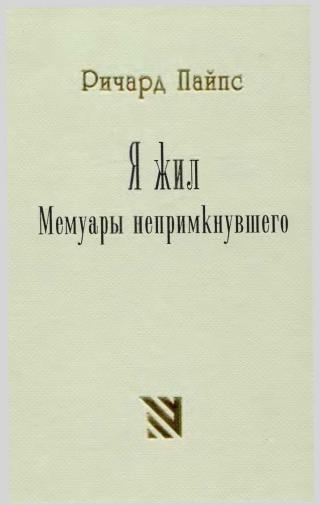
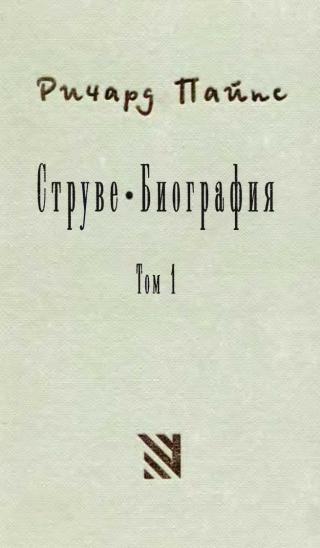
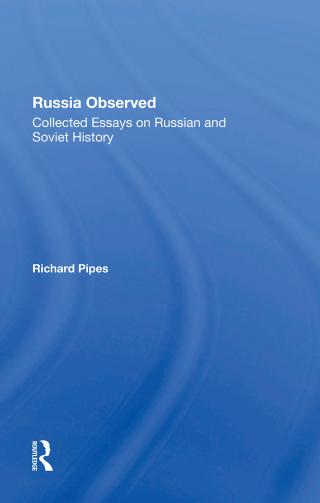
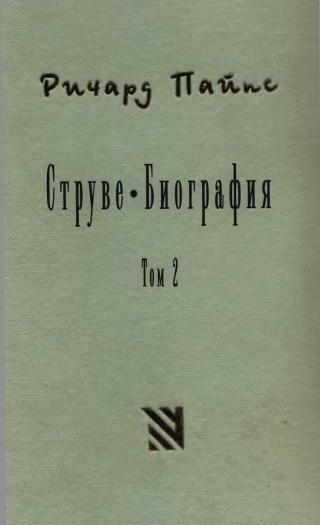
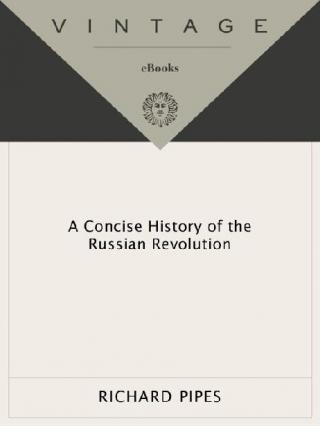
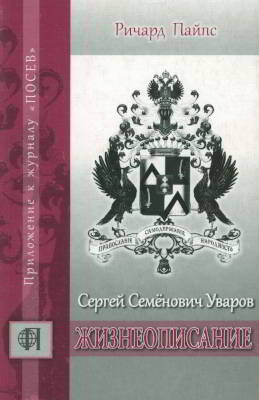

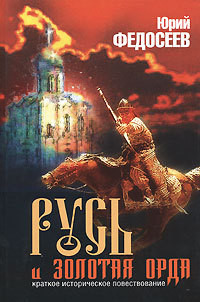
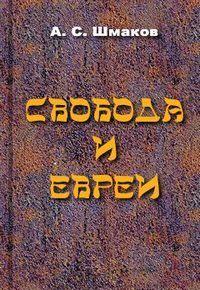
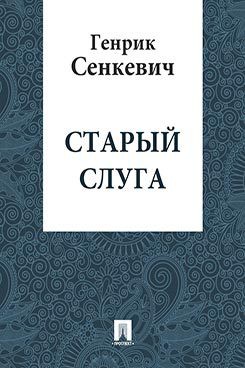
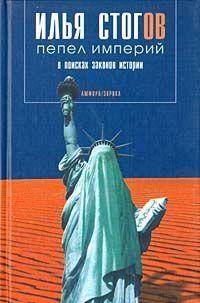
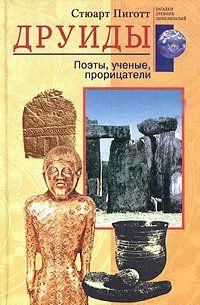
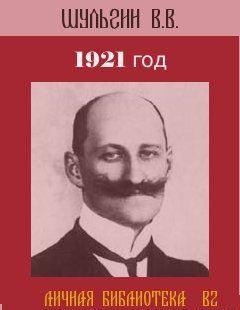
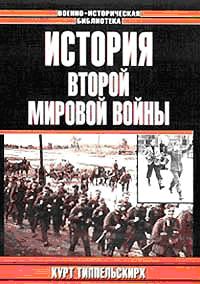
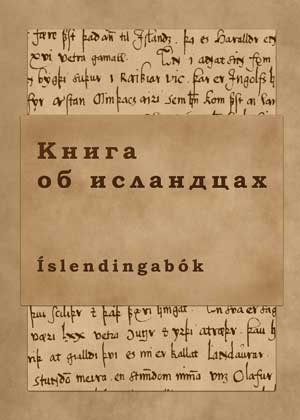
Комментарии к книге "The Russian Revolution"